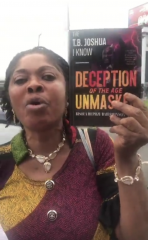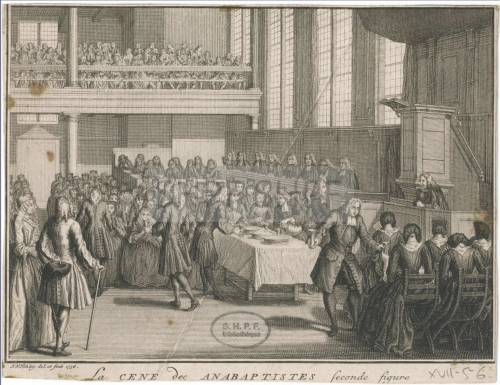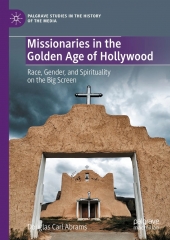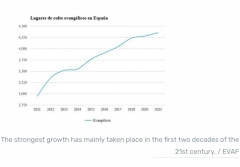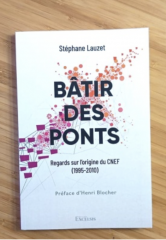 Evangelical Focus is a Christian online news publication based in Europe, launched in 2015 under the Spanish and European Evangelical Alliances. It provides daily news, reports, interviews, and opinion pieces. It is coordinated by Pedro Tarquis (editorial director) and Joel Forster (management and operations). The platform is available in English and engages audiences through its website and social media
Evangelical Focus is a Christian online news publication based in Europe, launched in 2015 under the Spanish and European Evangelical Alliances. It provides daily news, reports, interviews, and opinion pieces. It is coordinated by Pedro Tarquis (editorial director) and Joel Forster (management and operations). The platform is available in English and engages audiences through its website and social mediaIt's not often that this media outlet covers the French scene. This is the case here with this interview with Pastor Stéphane Lauzet, who was one of the key players in the early days of the CNEF. He is interviewed about his book, which describes the beginnings of the main current French Evangelical network.
Launched in 2002-03 and then formalized in 2010, the CNEF (Conseil National des Evangéliques de France) is the main umbrella network of evangelical Protestants in France.
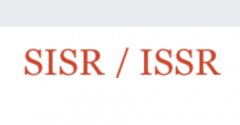 The
The 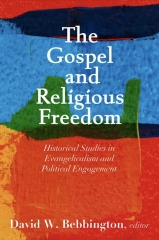

 MIVILUDES
MIVILUDES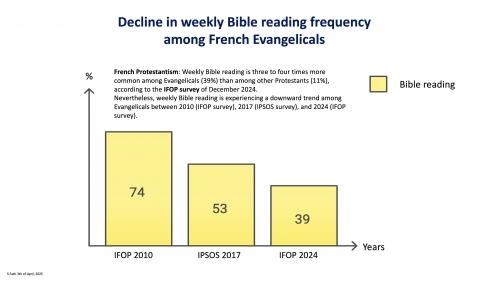
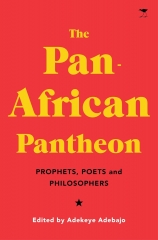
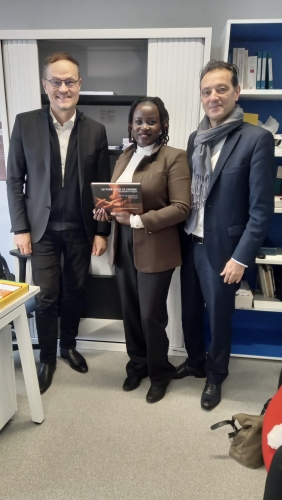
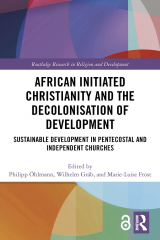
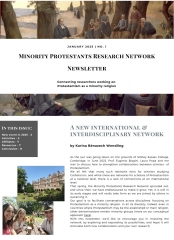

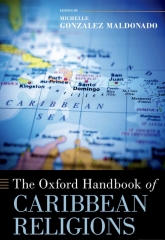
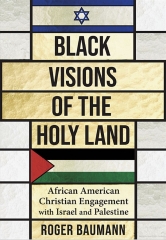
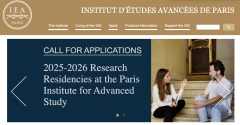
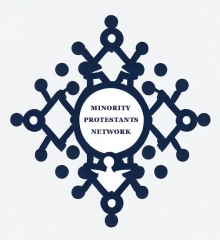
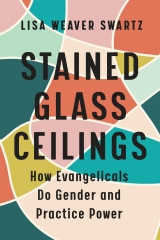
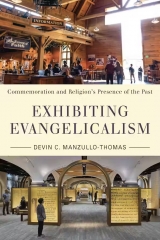
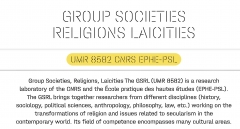
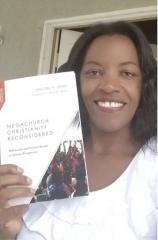

 Friendly reminder to our dear english-speaking colleagues : there is a great deal of french-speaking research done every year.
Friendly reminder to our dear english-speaking colleagues : there is a great deal of french-speaking research done every year.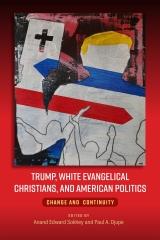
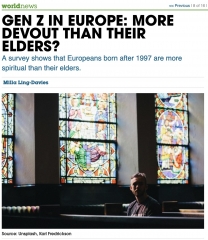
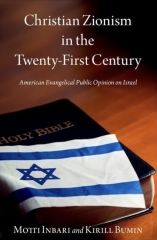 "In
"In 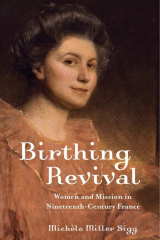
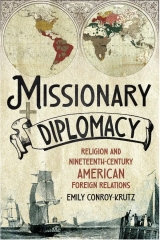 Missionary Diplomacy illuminates the crucial place of religion in nineteenth-century American diplomacy. From the 1810s through the 1920s, Protestant missionaries positioned themselves as key experts in the development of American relations in Asia, Africa, the Pacific, and the Middle East.
Missionary Diplomacy illuminates the crucial place of religion in nineteenth-century American diplomacy. From the 1810s through the 1920s, Protestant missionaries positioned themselves as key experts in the development of American relations in Asia, Africa, the Pacific, and the Middle East. 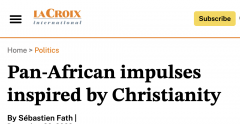 LA CROIX is Europe’s pre-eminent Catholic daily providing quality journalism on world events, politics, science, culture, technology, economy and much more. La CROIX which first appeared as a daily newspaper in 1883 is a highly respected and world leading, independent Catholic daily.
LA CROIX is Europe’s pre-eminent Catholic daily providing quality journalism on world events, politics, science, culture, technology, economy and much more. La CROIX which first appeared as a daily newspaper in 1883 is a highly respected and world leading, independent Catholic daily.